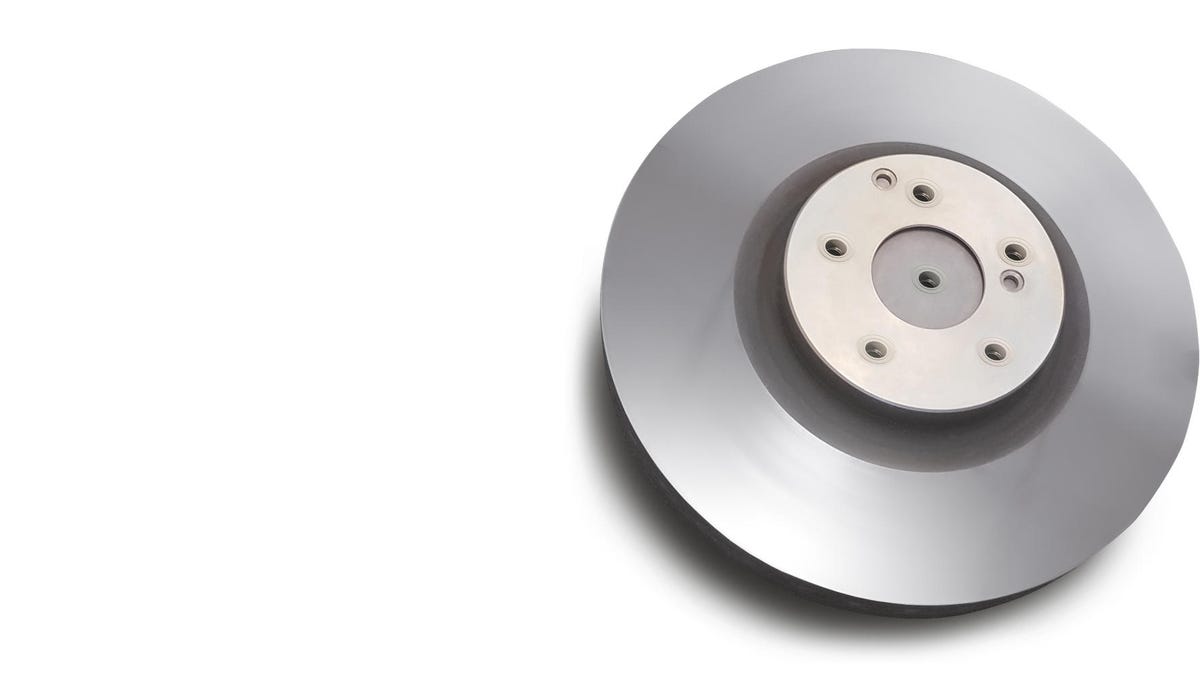Bosch iDisc brakes curb a different kind of emissions
Brake dust sullies more than just your wheels.

Every time you apply the brakes, they convert a bit of their material into dust. Bosch's latest creation attempts to minimize that dust while making sure the brakes still, you know, brake.
Created by Bosch's Buderus Guss subsidiary, the iDisc's whole goal is to greatly reduce brake dust-related emissions. A tungsten-carbide coating is baked into a traditional cast iron brake disc, which can allegedly reduce brake dust by up to 90 percent compared to standard iron units.
iDiscs are also shinier than standard brake discs, so they'll look nicer, too.
Brake dust isn't the first type of vehicle emissions that comes to mind, but it's there. Research from the German state of Baden-Württemberg claims that brakes and tires are responsible for nearly one-third of car-related particulate emissions, and brake dust comprises roughly half of that. There's also the matter of where it settles -- brake dust loves to dirty up wheels and lower body panels, and it can be a pain to remove frequently.
In addition to less dust, Bosch's iDisc brakes also offer superior performance. Bosch claims the iDisc has performance similar to more expensive ceramic brakes, especially when it comes to fade, which is when brakes lose performance after repeated hard stops. There's also the matter of service life -- Bosch claims iDiscs will last twice as long as standard iron brakes.
So where's the catch? As with so many other innovations, it's the price. Bosch estimates that iDiscs will split the price difference between standard iron brakes and high-end ceramic setups. Iron discs are plentiful and cheap, while ceramic units can add thousands to a vehicle's window sticker. Even splitting that difference means these brakes are going to be somewhat expensive.
The industry won't have to wait very long to see if Bosch's iDiscs can actually live up to all these lofty claims. The German supplier says the iDisc will go into production this month "for a German manufacturer," although it did not say which one. It won't be too hard to figure it out, though, as the automaker will likely market the iDisc's benefits to drivers.

